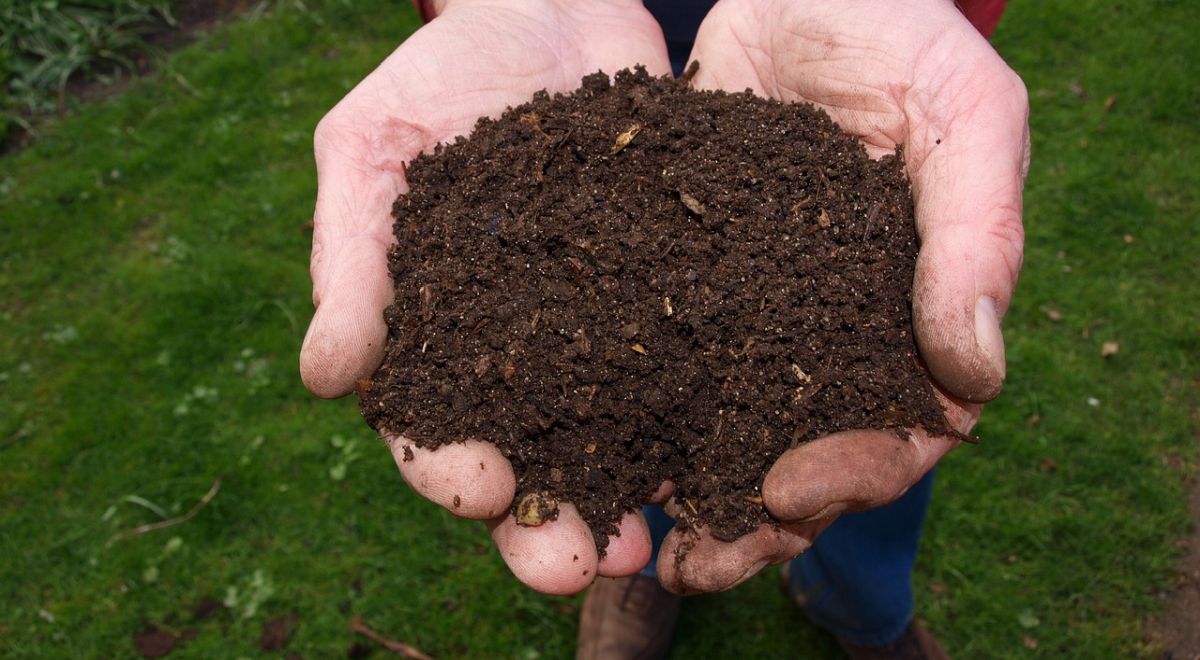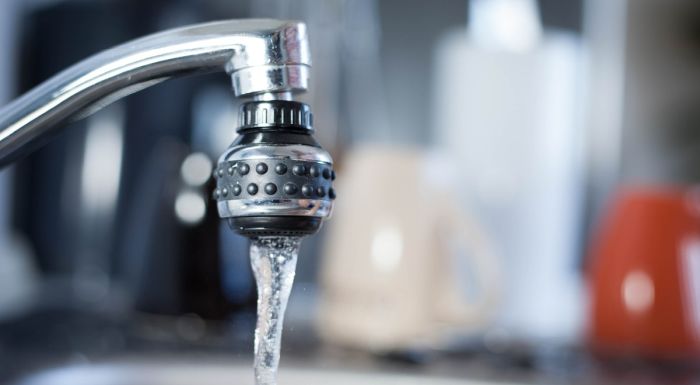
Composting at Home: Key Benefits and Beginner’s Guide
Gardening enthusiasts often rave about the magic of compost – a rich, earthy substance that can transform any garden. But composting isn’t just about boosting plant health; it’s a powerful tool in the fight against waste and climate change. Whether you’re an avid gardener or an eco-conscious individual, home composting offers immense benefits. Let’s see why and get you started with home composting…
Why Compost at Home? Key Benefits Unveiled
Home composting offers numerous benefits, but we’ve narrowed down the top five that you will get when you start to compost at home:
1. Soil Enrichment
Compost is rich in nutrients, offering a sustainable alternative to chemical fertilizers. It enhances soil structure, promotes healthy root development, and boosts its water retention capabilities.
2. Waste Reduction
Did you know nearly 30% of household waste is organic matter that can be composted? By diverting kitchen scraps and yard waste from the landfill, we significantly reduce methane emissions, a potent greenhouse gas.
3. Sustainable Gardening
Composting promotes a circular gardening system, where plants return to the soil from which they grew. This cycle reduces the need for external, often unsustainable, resources.
4. Economic Advantage
Save money on commercial fertilizers and garden products by producing your nutrient-rich compost.
5. Combat Soil Erosion
With its unique properties, compost can prevent soil erosion, a major environmental concern, by enhancing the soil’s ability to retain moisture and promoting plant growth.
How to Start Composting at Home: A Beginner’s Guide
1. Choose a Compost Bin
- Open Bins: These are simple, open structures, best suited for garden and yard waste. They promote aeration but may attract pests if used for kitchen scraps.
- Tumblers: These enclosed bins allow easy turning of compost and are pest-resistant. Ideal for kitchen waste.
- Worm Bins: Perfect for apartment dwellers, these bins use worms to break down organic matter.
2. Understand What’s Compostable
- Greens (Nitrogen-rich): Fruit and vegetable scraps, coffee grounds, fresh grass clippings.
- Browns (Carbon-rich): Dry leaves, straw, hay, cardboard, paper.
- Avoid: Meat, dairy, diseased plants, and anything treated with pesticides.
3. Set Up Your Pile or Bin
- Find a shady spot in your yard or balcony for the bin.
- Start with a coarse layer, like twigs, for aeration.
- Alternate between layers of greens and browns, maintaining a rough ratio of 3 parts browns to 1 part greens.
- Keep the pile moist, like a wrung-out sponge, but not wet.
4. Maintain Your Compost
- Turn the Pile: Regularly turn your compost (weekly or bi-weekly) to introduce air and speed up the decomposition process.
- Moisture Check: Ensure the pile remains moist. If dry, sprinkle some water. If too wet, add more browns.
- Monitor Temperature: A warm compost pile indicates active decomposition. If it cools, it might need more greens or moisture.
5. Harvest and Use Your Compost
- Mature compost is dark, crumbly, and smells earthy. It can take anywhere from 2 months to a year, depending on maintenance and conditions.
- Once ready, sift out any large, undecomposed materials.
- Use it to enrich garden soil, in potting mix, or as mulch.
Common Composting Challenges and Solutions
- Pests: Ensure the compost bin has a tight lid. Avoid adding meat or dairy and turn the pile regularly.
- Foul Odor: This often results from anaerobic decomposition. Turn the compost, add browns, and ensure proper moisture levels.
- Slow Decomposition: The pile might be too dry or lack nitrogen. Moisten and add greens.
Composting at home is more than just an eco-friendly endeavor; it’s a testament to the circle of life, where everything returns to the earth, nourishing it in the process. By embracing composting, not only do you contribute to a greener planet, but you also get a front-row seat to one of nature’s most fascinating processes. So, grab a bin, gather your scraps, and let the magic unfold!




